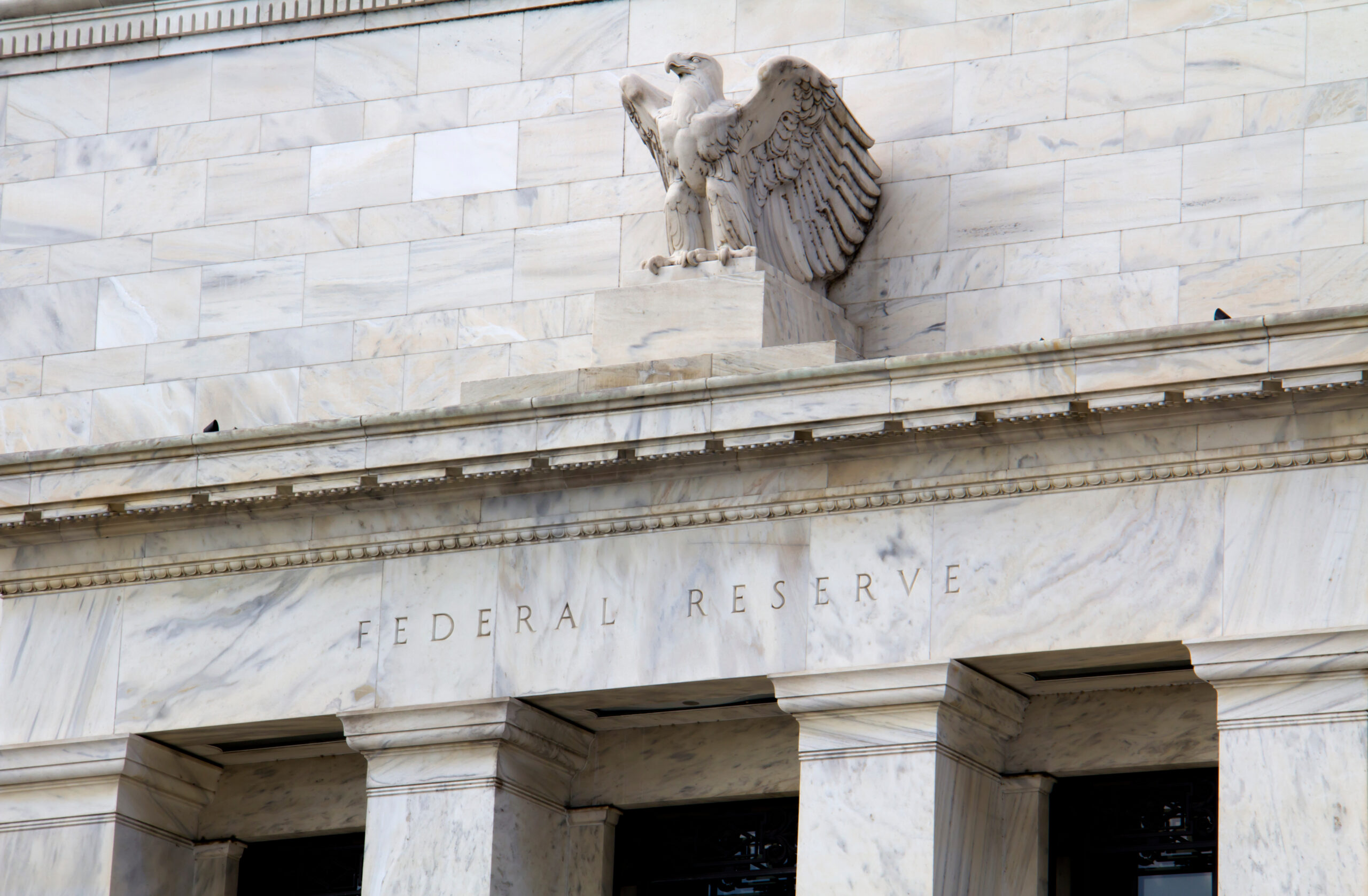Here’s an update on the current banking crisis and a list of frequently asked questions.
First, on the government’s response thus far: Treasury and the Federal Reserve have decided to fight panic and more bank failures. Creating a new joint venture to fund and direct billions of dollars is nothing new for them. Just two days after Silicon Valley Bank (SVB) was shut down, the Bank Term Funding Program (BTFP) was announced along with a decision that all depositors of SVB would be made whole.
The BTFP will make,
loans of up to one year in length to banks, savings associations, credit unions, and other eligible depository institutions pledging U.S. Treasuries, agency debt and mortgage-backed securities, and other qualifying assets as collateral. These assets will be valued at par [emphasis mine]. The BTFP will be an additional source of liquidity against high-quality securities, eliminating an institution’s need to quickly sell those securities in times of stress.
FEDERAL RESERVE BOARD, 3/12/2023 RELEASE
This means instead of banks being forced to sell their long term Held to Maturity (HTM) securities at severe losses and becoming insolvent, they can simply send securities to the BTFP as collateral for a one-year loan (presumably that could renew later). Many banks’ HTM securities are currently valued at 85 cents on the dollar or less, but as collateral, they will be valued at par (the value at maturity). This means banks are getting loans materially larger than the value of their holdings. What a deal!
As the BTFP is communicated beyond the one-page press release, Americans should soon see it for the lifeline it is. Odds of mass bank failures have gone down since Friday, I think. (It better be since no one has considered the inevitable costs, unintended consequences, and new regulations later.)
Frequently Asked Questions (so far)
Q: Are other American banks at risk?
Arguably, the risk is less today in general for banks given a decidedly pro-bailout message across the federal government. (Surprising, since government policy forbade bailouts and “too big to fail” after the Great Financial Crisis.)
Stock prices of smaller regional banks haven’t been as encouraging. I think this crisis will have lasting effects for smaller banks, including accelerating a trend of eroding competitiveness versus mega banks.
Q: Are my brokerage accounts you manage safe?
This is what I should have addressed yesterday instead of burying the lede. The answer is: in all likelihood, YES. (Remember, nothing is ever 100%.) The crisis is among banks, which borrow from depositors and then lend and buy debt securities. These are but liabilities and assets, respectively, on a bank’s balance sheet.
Now this is important: our brokerage assets are generally not part of a bank’s balance sheet and lending operation, even though post-2008, all brokerages have bank operations. If the bank/brokerage fails, clients take their securities elsewhere. In the small chance not all the securities are recovered—or there’s some other delay—SIPC insurance covers $500,000 of missing assets. But it’s highly unlikely one does not get what they are owed.
Small caveat: In a typical brokerage account, there is exposure to a bank when it comes to cash (but not securities). Having banks now looking to make money, brokerages have generally forced your brokerage account cash to bank deposits instead of money market funds. However, FDIC coverage covers cash up to $250,000 (actually it’s $500,000 since most brokerages split cash into two banks under the same umbrella). More importantly, we keep cash/bank deposits low since we have a zealous preference for using Treasury bills in managing cash.
Q: I have over $250,000 in an account at the bank. What should I do?
That depends, but it is something worth investigating. As I’ve mentioned in the past, unless the bank is somehow adequately paying you to do so, it does not make sense to keep large deposits at a bank. Be your own banker using Treasury bills to earn more yield, security, and liquidity. You can simply zap money from your brokerage account to the bank when payments need to be made.
We have our Cash Management service doing just this for a growing number of former bank deposit reserves.
Q: What about credit unions?
Credit unions are not members of FDIC but NCUA (National Credit Union Administration). Account coverage is identical.
Q: Have the odds gone up for a recession soon?
Very likely, I think. Numerous data and indicators were heading south before anyone worried about their bank. Markets have assumed a lot of good things will happen: a painless recession (with still plenty of high paying jobs); perfect maneuvering by the Fed delivering optimal levels of inflation and growth; availability of credit, etc. Complacency in the market got disrupted last week and could vanish once credit becomes scarcer.
Q: Are you worried?
Not particularly. Of course, it doesn’t feel good seeing a decline in portfolio values, no matter how small, but we are very conservatively positioned. Lower prices should actually help us in the medium and long term. (Crisis breeds opportunities.) And, in the meantime, portfolios are generating a good amount of income.
Q: Will the Fed keep raising interest rates
Markets are no longer pricing in a 0.50% increase on March 22. I can’t argue with that. The base case seems to be 0.25% with more dovish language, or no hike at all if markets remain rough until then.
The content provided in this document is for informational purposes and does not constitute a solicitation, recommendation, endorsement, or offer to purchase or sell securities. Nothing should be considered personal financial, investment, legal, tax, or any other advice. Content is information general in nature and is not an attempt to address particular financial circumstance of any client or prospect. Clients receive advice directly and are encouraged to contact their Adviser for counsel and to answer any questions. Any information or commentary represents the views of the Adviser at the time of each report and is subject to change without notice. There is no assurance that any securities discussed herein will remain in an account at the time you receive this report or that securities sold have not been repurchased. Any securities discussed may or may not be included in all client accounts due to individual needs or circumstances, account size, or other factors.
It should not be assumed that any of the securities transactions or holdings discussed was or will prove to be profitable, or that the investment recommendations or decisions we make in the future will be profitable or will equal the investment performance of the securities discussed herein.

